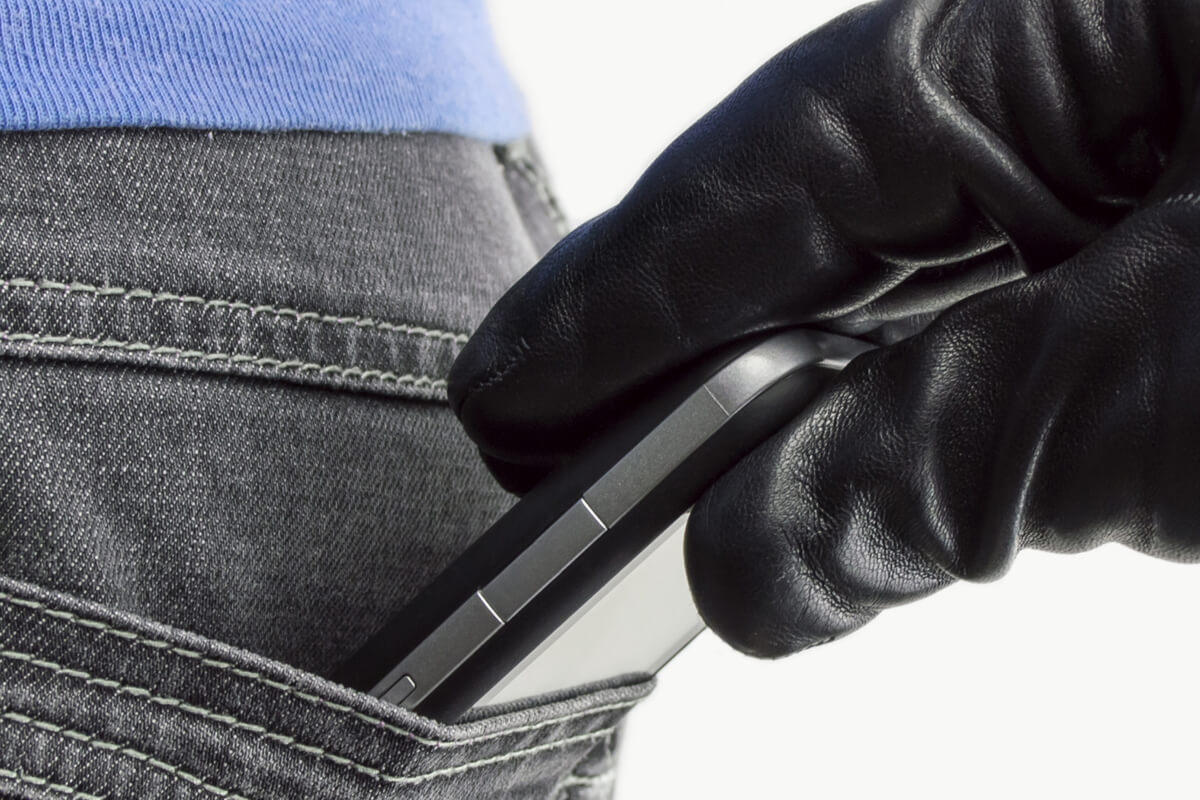We’ve all been there before. Where did put my phone? I know I left it here earlier. Or did I? Is it in my car? Wait, I didn’t leave it at the bar last night, did I? After a few frantic minutes of searching you finally find it under a blanket or under the passenger seat in your car. Relief pours over you like a baptismal font, birthing you anew into your increasingly technologically dependent life.
We live and die by our smart phones. They are our tether to the rest of the world. They hold an ever expanding amount of our personal data, and when they go missing our lives are, often times, left in the lurch. That makes the bill signed into law on Wednesday in California all the more important. Smart phone manufacturers are now required to have a “kill switch” installed on all smart phones sold in California. Once activated, the software is designed to lock out the phone until a password is entered.

Both Apple’s Activation Lock and Android’s Device Protection software allow users to remotely lock and/or erase their phone if it is lost or stolen. This certainly lowers the incentive for a thief to try to steal your smart phone. A locked device is effectively useless and unable to be effectively resold. And the numbers show these measures are working. Consumer Reports published a study that shows smart phone theft to be down year over year.
The bill was championed by California State Senator Mark Leno and San Francisco District Attorney George Gascon. Until now, kill switches have been optional on devices. Gascon acknowledges that wireless device companies need to do more to protect consumers.
“For years consumers have been victimized because the wireless industry failed to safeguard its products. Today that changes.”
A company that knowingly produces a smart phone without the required software will be fined anywhere from $500-$1500. Walmart has already said it will comply with the law. Other companies must follow suit or face increasing penalties. Though it may be difficult for some smart phone companies to adjust to the new law, consumers will inevitably benefit. And, really, that’s the intent of the law. Bravo, California.






